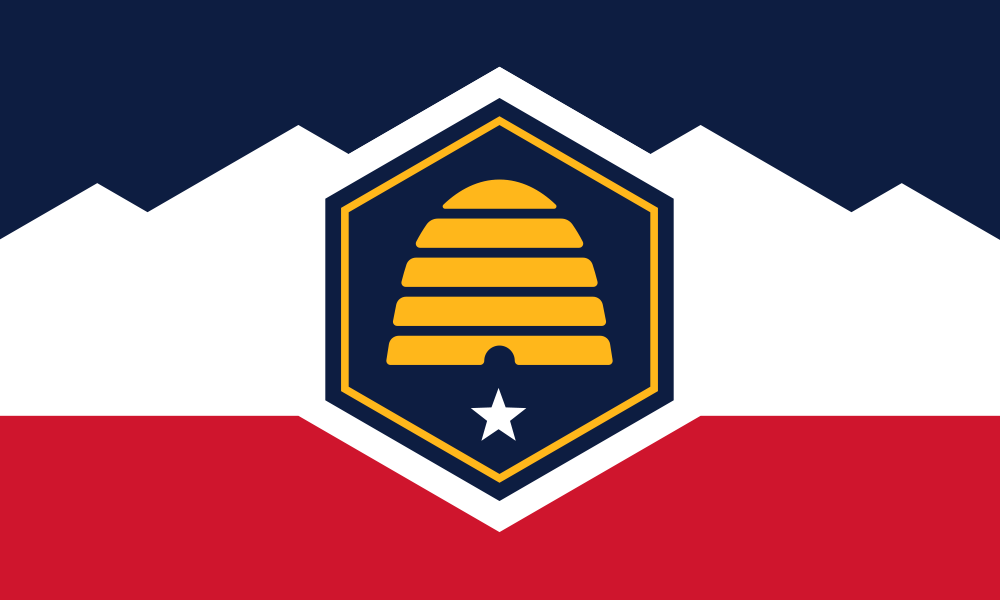Your monthly support provides voters the knowledge they need to make confident decisions at the polls. Donate today.
Utah Amendment C, Change Legislative Session Start Date and Omit Federal Holidays from Time Limits (2008)
| Utah Amendment C | |
|---|---|
| Election date |
|
| Topic State legislative processes and sessions |
|
| Status |
|
| Type Legislatively referred constitutional amendment |
Origin |
Utah Amendment C was on the ballot as a legislatively referred constitutional amendment in Utah on November 4, 2008. It was approved.
A "yes" vote supported amending the constitution to move the start date of the legislative general session to the fourth Monday in January and exclude federal holidays from the 45 day limit for legislative sessions. |
A "no" vote opposed amending the constitution to move the start date of the legislative general session to the fourth Monday in January and exclude federal holidays from the 45 day limit for legislative sessions. |
Election results
|
Utah Amendment C |
||||
|---|---|---|---|---|
| Result | Votes | Percentage | ||
| 607,989 | 70.50% | |||
| No | 254,383 | 29.50% | ||
Text of measure
Ballot title
The ballot title for Amendment C was as follows:
| “ | Shall the Utah Constitution be amended to:
| ” |
Full Text
The full text of this measure is available here.
Path to the ballot
- See also: Amending the Utah Constitution
A two-thirds majority vote in both the legislative chambers vote is required during one legislative session for the Utah State Legislature to place a constitutional amendment on the ballot. That amounts to a minimum of 50 votes in the Utah House of Representatives and 20 votes in the Utah State Senate, assuming no vacancies. Amendments do not require the governor's signature to be referred to the ballot.
See also
External links
Footnotes
State of Utah Salt Lake City (capital) | |
|---|---|
| Elections |
What's on my ballot? | Elections in 2025 | How to vote | How to run for office | Ballot measures |
| Government |
Who represents me? | U.S. President | U.S. Congress | Federal courts | State executives | State legislature | State and local courts | Counties | Cities | School districts | Public policy |


